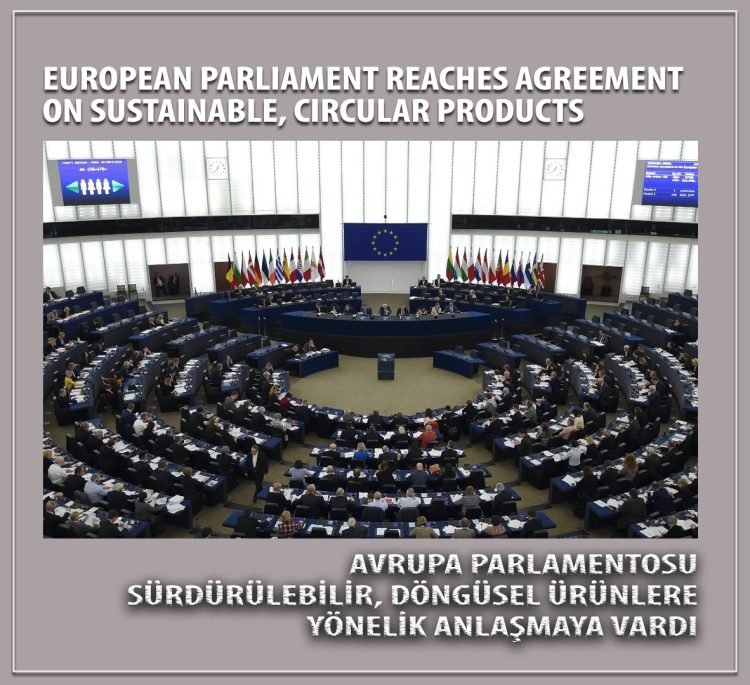The European Union Parliament reached an interim agreement on the draft sustainable ecological design. The Commission will adopt a list of products determined based on a comprehensive analysis and criteria, particularly related to the EU’s climate, environment and energy efficiency targets. Sustainable, repairable, circular products include textiles and footwear, among other industrial products.
The new Ecodesign requirements aim to increase circularity by going beyond energy efficiency, improving products through legislation to ensure their durability, repairability and greater recyclability. The new Regulation also includes new measures to put an end to the wasteful and environmentally damaging practice of disposing of unsold consumer products. Companies will need to take measures to prevent this practice, and lawmakers have introduced an outright ban on the destruction of unsold textiles and footwear, with exceptions for small companies and a transition period for medium-sized companies. Other sectors may also be covered by such bans if necessary over time.
Regarding the necessity of the legislation, the European Footwear Confederation (CEC) commented that it “will finally support the ‘rehabilitation’ of leather, a sustainable and durable material that has fallen victim to the demonization of the market in recent years.”
More information will be made available on the sustainability features of products, including a ‘Digital Product Passport’ which will help consumers and businesses make more sustainable product choices and authorities to better enforce regulatory requirements.
The ‘Passport’ will be an easily accessible label on the products that will provide instant access to information on the sustainability of the product. It will be beneficial not only for consumers but also for customs and market surveillance authorities.
The European Parliament and Council will now need to formally adopt the new Regulation. Once this has been achieved, an initial working plan will be adopted determining which products will be targeted under the new Ecological Design Directive for Sustainable Products.









